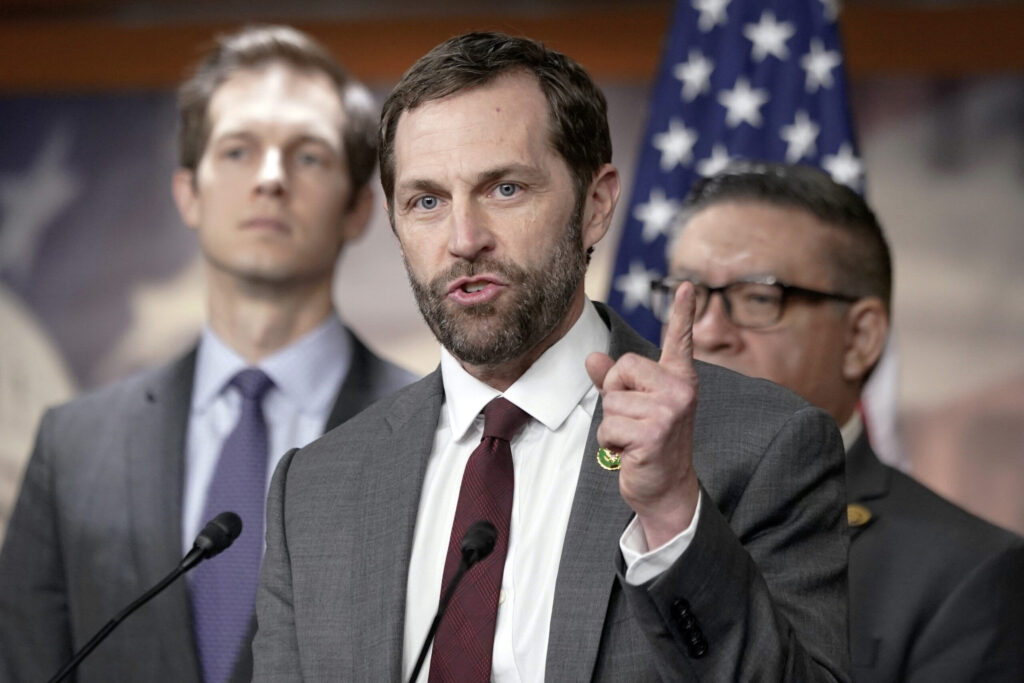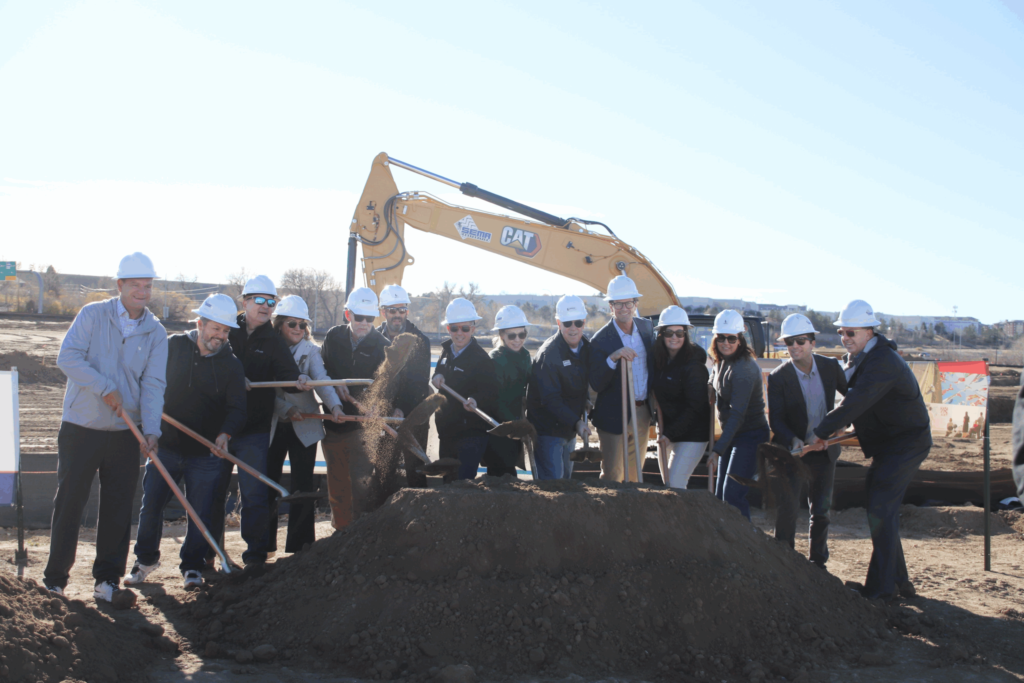Costs and benefits to Colorado weighed at another oil and gas hearing

Those backing a sweeping regulatory overhaul of Colorado’s oil and gas industry predict the measure would bring in millions more than it would cost the state.
That notion has met vehement opposition since Senate Bill 181 was introduced late last month, and Monday’s House Finance Committee hearing on the measure was no different.
Still, House Democrats pushed the bill through the committee Monday evening with a party-line vote after hours of debate, passing it to the House Appropriations Committee.
Costs and revenues from the bill remain difficult to predict because there’s no way to quantify its impact on the industry in the years to come.
The bill would hand local governments control over industry development and operations, increase emission monitoring, and direct the Colorado Oil and Gas Conservation Commission to prioritize public health and the environment over fostering the industry.
If the measure is enacted, the state’s cost for the 2019-2020 is estimated to be just over $995,000 for seven new employees – two deputy directors, an administrator, a toxicologist and a financial expert for the Colorado Department of Natural Resources. The state would net an estimated $3 million during that same year, from drilling application and permitting fees allowed under the bill, the bill’s fiscal note states.
The fiscal note predicts another $3 million in revenue for the 2020-2021 fiscal year, against expenditures of $880,000.
Expected expenditures don’t stop at new employees, opponents warned Monday. Increased regulation and costs could drive the industry elsewhere, putting Colorado on the hook for thousands of jobs and millions – if not billions – in tax revenue, they said.
“Why would I come in to this state and make an investment when I could go 100 miles north and they have just as good of resource and more consistent, dependent and reliable policies that I, an investor, can rely upon?” asked committee member Rep Rod Bockenfeld, R-Watson.
“It’s not a stimulative bill,” said Dan Haley, who heads the Colorado Oil and Gas Association. “It’s not meant to encourage oil and gas activity in Colorado.”
During Monday’s hearing, dozens reiterated those points.
Supporters dismissed those cost estimates as fear mongering. The bill would neither quash the state’s oil and gas industry, nor would it push local governments to financial ruin, they said.
“You can have clean air, you can have health and also, at the same time, have economic growth,” said Gary Kaufman, director of the Colorado Department of Public Health and Environment’s Air Pollution Control Division.
Others noted that the increased control afforded to local governments would be on an opt-in basis.
Bill sponsor Rep. Yadira Caraveo, D-Thornton, said the industry’s effects on the health and welfare of Coloradans are often passed on to the state, and curbing those costs would save money.
Rep. KC Becker, D-Boulder, noted that the bill would also require oil and gas companies to pay to clean up old wells, a cost currently shouldered by the state. This change alone could save tax payers an estimated $30 million, she said.
The bill appears likely to pass the House before it’s sent to Gov. Jared Polis’ desk. Democrats pushed the measure through the Senate last month and through another House committee hearing in the House last week, to the chagrin of many Republicans.














